Loading the player...
Celecoxib Shows No Benefit for Patients with Early Breast Cancer
Patients who received celecoxib as treatment for early breast cancer showed no overall benefit compared to patients who received placebo, according to trial results in JAMA Oncology.
Although preclinical evidence suggested that COX-2 inhibitors would improve outcomes in patients with early breast cancer, the recent data show no evidence suggesting the benefit in patients with ERBB2-negative breast cancer when given a dose of 400 mg per day for two years.
Researchers conducted the randomized European Celecoxib Trial (REACT), to observe the benefit of treatment with celecoxib as an addition to conventional therapy in ERBB2-negative primary breast cancer. The phase 3 study at 160 centers across the UK and Germany, evaluated 2 years of adjuvant celecoxib in 1,763 patients vs 876 on placebo.
2,639 patients were recruited between January 19, 2007, and November 1, 2012, with follow-up 10 years after the completion of treatment.
Patients were eligible for the study if they had completely resected breast cancer with local and systemic therapy according to local practice.
They were ineligible if they had ERBB2-positive or node-negative and T1, grade 1 tumors.
Patients were randomized 2:1 between celecoxib or placebo and the researchers performed a statistical analysis between May 2019 and March 2020.
Most tumors among patients in the study were estrogen receptor positive (1,930 [73%]) or progesterone receptor positive and ERBB2 negative. A total of 1,265 patients (48%) had node-positive disease, and 1,111 (42%) had grade 3 tumors.
The primary endpoint of the study was disease-free survival. DFS events were reported in 19% of patients (N = 487), 18% for those who received celecoxib (N = 323; 5-year DFS rate = 84%) vs 19% on placebo (N = 164; 5-year DFS rate = 83%). The unadjusted HR was 0.97, at median follow-up of 74.3 months.
“Patients with breast cancer remain at risk of relapse after adjuvant therapy. Celecoxib has shown antitumor effects in preclinical models of human breast cancer, but clinical evidence is lacking,” R. Charles Coombes, MD, PhD, from the Department of Surgery and Cancer, Faculty of Medicine, Imperial College London, and colleagues wrote in the study.
“In an era of increased reliance on real-world data, the result of our study is a further illustration of how plausible associations identified through observational studies do not always translate to clinically meaningful effects in randomized clinical trials,” Coombes and colleagues wrote.
By Dave Quaile, /alert Contributor
Although preclinical evidence suggested that COX-2 inhibitors would improve outcomes in patients with early breast cancer, the recent data show no evidence suggesting the benefit in patients with ERBB2-negative breast cancer when given a dose of 400 mg per day for two years.
Researchers conducted the randomized European Celecoxib Trial (REACT), to observe the benefit of treatment with celecoxib as an addition to conventional therapy in ERBB2-negative primary breast cancer. The phase 3 study at 160 centers across the UK and Germany, evaluated 2 years of adjuvant celecoxib in 1,763 patients vs 876 on placebo.
2,639 patients were recruited between January 19, 2007, and November 1, 2012, with follow-up 10 years after the completion of treatment.
Patients were eligible for the study if they had completely resected breast cancer with local and systemic therapy according to local practice.
They were ineligible if they had ERBB2-positive or node-negative and T1, grade 1 tumors.
Patients were randomized 2:1 between celecoxib or placebo and the researchers performed a statistical analysis between May 2019 and March 2020.
Most tumors among patients in the study were estrogen receptor positive (1,930 [73%]) or progesterone receptor positive and ERBB2 negative. A total of 1,265 patients (48%) had node-positive disease, and 1,111 (42%) had grade 3 tumors.
The primary endpoint of the study was disease-free survival. DFS events were reported in 19% of patients (N = 487), 18% for those who received celecoxib (N = 323; 5-year DFS rate = 84%) vs 19% on placebo (N = 164; 5-year DFS rate = 83%). The unadjusted HR was 0.97, at median follow-up of 74.3 months.
“Patients with breast cancer remain at risk of relapse after adjuvant therapy. Celecoxib has shown antitumor effects in preclinical models of human breast cancer, but clinical evidence is lacking,” R. Charles Coombes, MD, PhD, from the Department of Surgery and Cancer, Faculty of Medicine, Imperial College London, and colleagues wrote in the study.
“In an era of increased reliance on real-world data, the result of our study is a further illustration of how plausible associations identified through observational studies do not always translate to clinically meaningful effects in randomized clinical trials,” Coombes and colleagues wrote.
By Dave Quaile, /alert Contributor
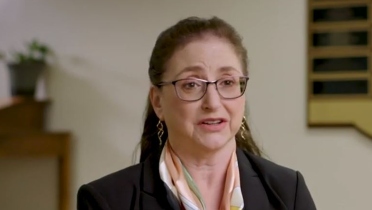



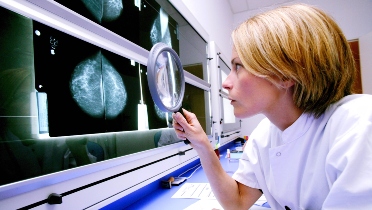

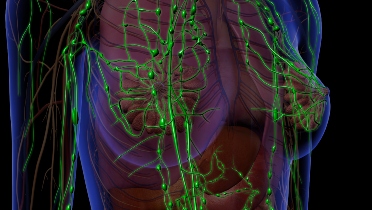


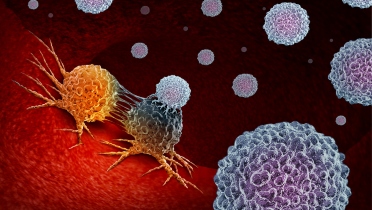



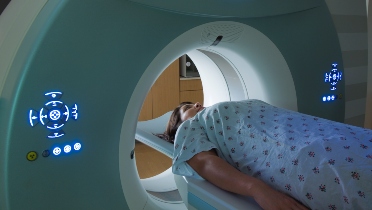

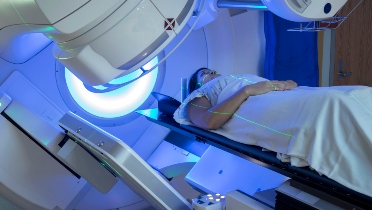
.jpg)
.jpg)
.jpg)
.jpg)
.jpg)
.jpg)
.jpg)


.jpg)

.jpg)
_.jpg)
.jpg)

.jpg)
.jpg)
.jpg)
.jpg)
.jpg)
.jpg)
.jpg)
.jpg)
.jpg)

.jpg)


.jpg)
.jpg)

.jpg)
.jpg)
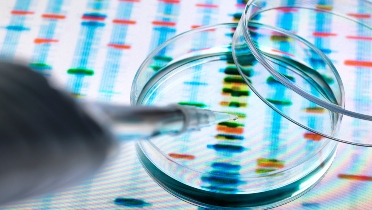
.jpg)
.jpg)

.jpg)
.jpg)
.jpg)
.jpg)
.jpg)
.jpg)
.jpg)
.jpg)

.jpg)
.jpg)
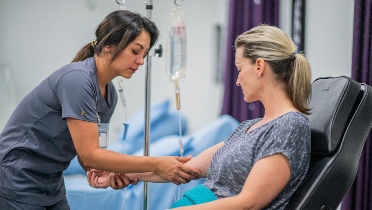

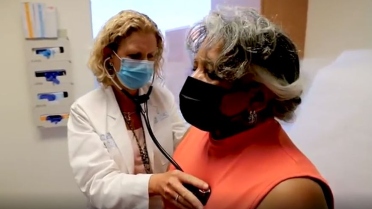
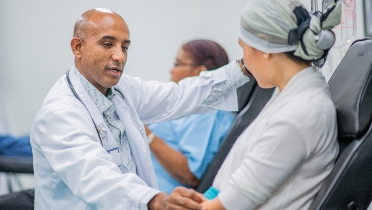
.jpg)
.jpg)
.jpg)
.jpg)
.jpg)
.jpg)
.jpg)
.jpg)
.jpg)
.jpg)
.jpg)
.jpg)
.jpg)
.jpg)
.jpg)

.jpg)

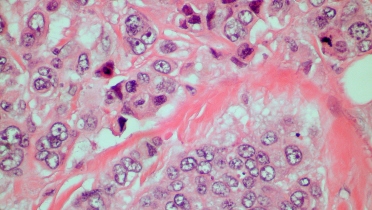
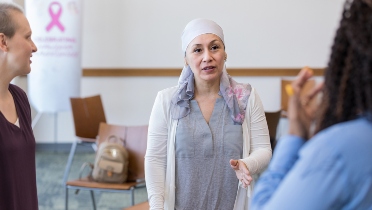
.jpg)
.jpg)
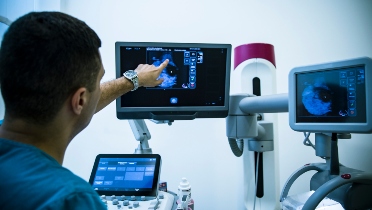
.jpg)
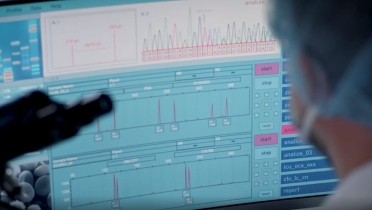
.jpg)
.jpg)

.jpg)
.jpg)
.jpg)
.jpg)
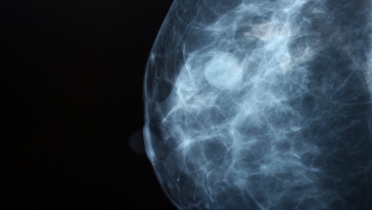
.jpg)

.jpg)

.jpg)
.jpg)
.jpg)
.jpg)
.jpg)


.jpg)
.jpg)
.jpg)
.jpg)

.jpg)
.jpg)
.jpg)
.jpg)

.jpg)


.jpg)
.jpg)
.jpg)
 Featured Breast Cancer Videos
Featured Breast Cancer Videos.jpg)